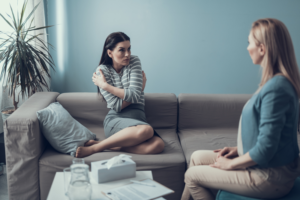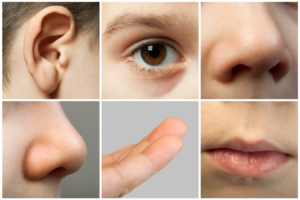If you have trouble falling asleep, we have good news for you because you only need to make some changes in your habits and follow simple recommendations to say goodbye to insomnia.
Restful sleep is crucial for the health and proper functioning of all people.
Unfortunately, falling asleep and getting a restful night’s sleep is a daunting and almost impossible task for some people, and so they can spend hours tossing and turning in bed, overwhelmed by work or relationship problems, feeling stressed and unwell.
Some studies have revealed that lack of sleep can cause problems that go far beyond insomnia, even leading to serious illnesses.
Although it is difficult to control what keeps you alert, stressed, or sad, you can put into practice some tips that will create better conditions, increasing the chances that you will finally be able to sleep and rest for the recommended eight hours without any problem:
- Establish sleep schedules: Mayo Clinic professionals recommend starting by respecting sleep schedules. They assure you that going to bed and getting up at the same time every day will make a difference, as this will reinforce your body’s sleep-wake cycle. They emphasize that it is important that the difference in sleep hours between weekday nights and weekends does not exceed one hour.
- Measure your food and drink: Another thing to keep in mind is that what you eat and drink before bed can affect your sleep. Feeling too full or hungry will affect your sleep. It’s best not to eat too heavy foods, and also keep in mind that because its stimulating effects take a while to wear off, drinking caffeine shortly before bed is not a good idea. As for alcohol consumption, professionals say that while it may make you feel sleepy, it is likely to disrupt sleep later in the night.
- Create a relaxing environment: To increase your chances of getting some rest, it is important to find the right place to do so. A dark, cool, and quiet place is ideal. If you don’t have such a space at home, find a way to adapt the space by getting a fan to keep the environment cool or by putting up dark curtains.
- Do you sleep during the day? Have you ever fallen asleep for hours during the afternoon and then had trouble falling asleep at night? This is because not setting a specific time (which should not exceed 30 minutes) for a nap disrupts your sleep cycle. Avoiding such disruption will help ensure permanent improvement.
- Exercise: Staying active by playing your favorite sport, hiking, running, or going to the gym will help you at the end of the day because by feeling more relaxed and tired you will have a deeper sleep, and the chances of sleep interruptions will decrease.
- Do relaxing activities as a prelude to rest: doing activities such as reading or taking a bath will help you feel more predisposed to sleep better.
- Avoid smoking before going to bed: in addition to seriously affecting your health, the effect of nicotine is an enemy of rest.
- Put down the gadgets: Using a phone, tablet, or watching TV before bed will keep you alert for longer, delaying the onset of your sleep cycle. If you’re not feeling sleepy, it’s best to get out of bed for 20 minutes or half an hour and do some of the activities mentioned in point six.
For his part, Dr. Ignacio Nájera recommends avoiding taking sleeping pills. Although it may sound contradictory to his objective, the health professional assures that it is best to speak with your trusted doctor about whether or not it is a good idea to take sleeping pills, and if you consider them necessary, try to take them for the shortest amount of time possible.
Follow the recommendations and in a short time, you will notice the difference, which in addition to improving your health, will keep you in a better mood and with more energy.























+ There are no comments
Add yours